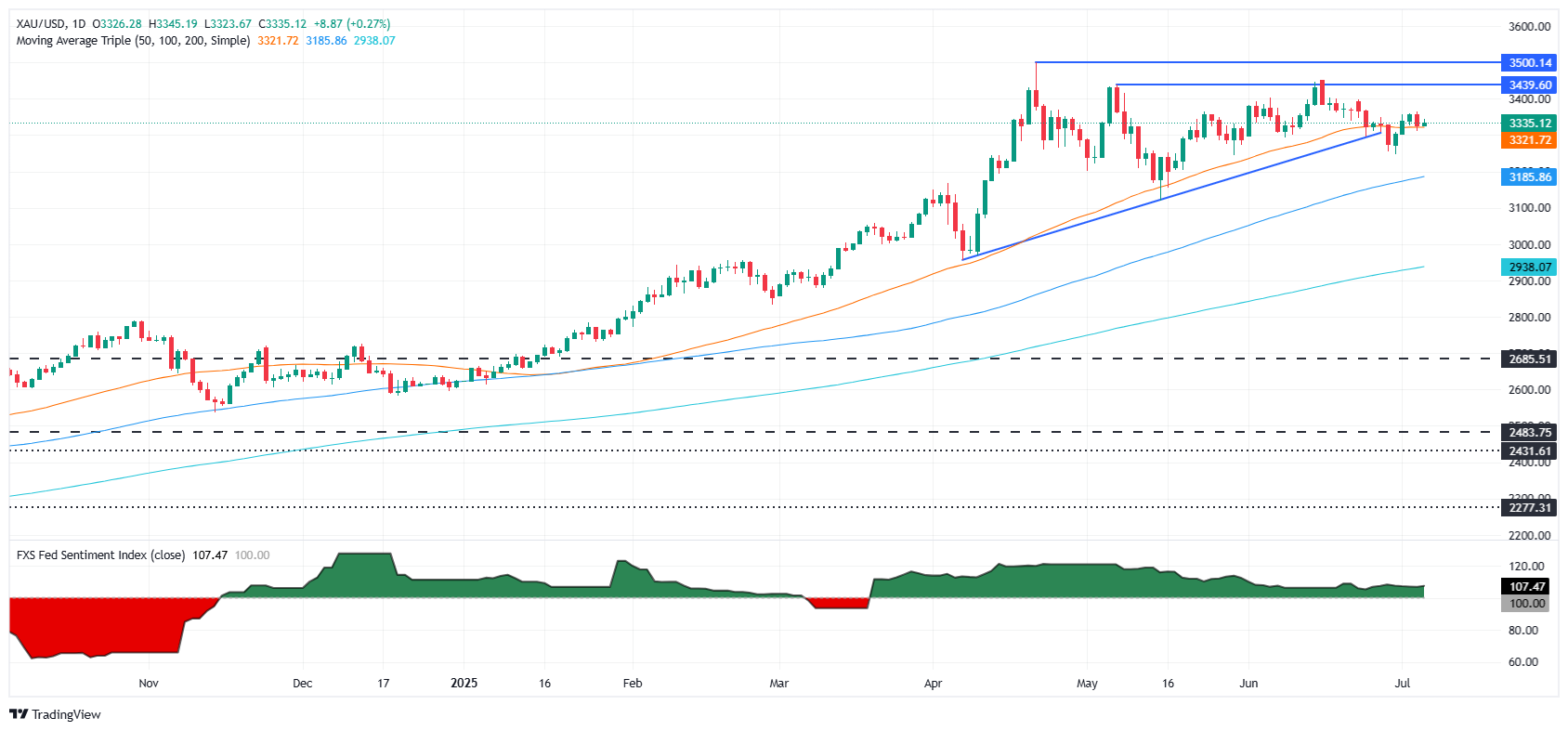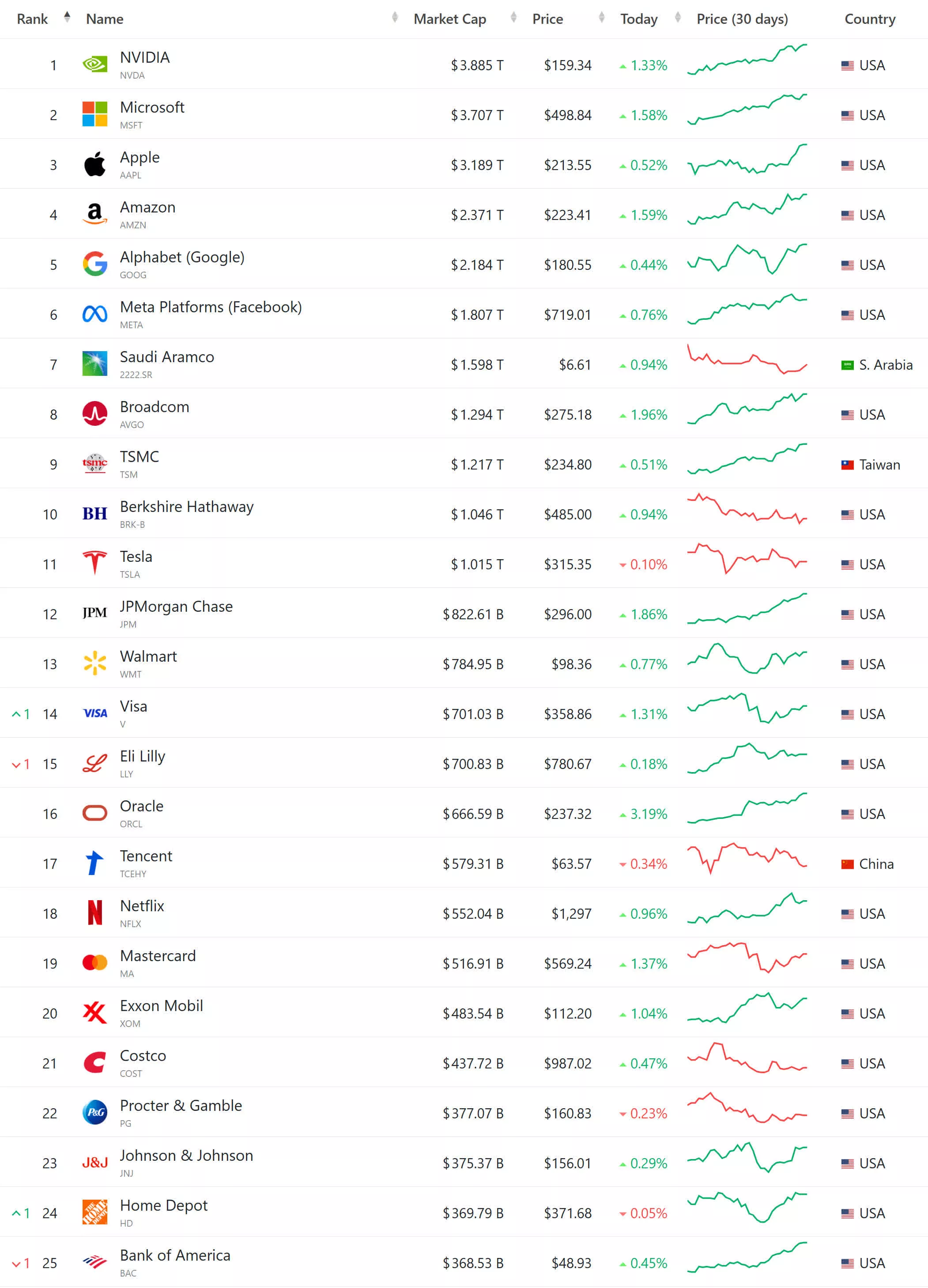Green investments outperforming despite predicted pushback on ESG
The start of 2025 has undoubtedly been challenging for equity markets.
The bigger picture presents not only economic concerns from the US, but also questions regarding policy outlook and central bank independence, creating an uncertain backdrop to investments.
While perception on sustainable equities has been inhibited by this, the reality is much less bearish than investors predicted.
The green investment space is outperforming, and despite a pushback against environmental, social, and governance standards (ESG), many sustainable companies are quietly generating returns.
Indeed, the Morningstar ecology category has outperformed the MSCI World Index by 3.3 per cent year-to-date.
For instance, Republic Services, a US-based management company that is currently 8 per cent of the Green Planet portfolio, has returned over 27 per cent year-to-date, significantly outperforming the MSCI World Index.
There are multiple drivers for the strong performance, firstly, the MSCI World has a greater weighting to the US whereas the Morningstar Ecology category is more balanced regionally.
Secondly, the FX impact must be considered; as the US dollar has depreciated, so have the returns on US holdings.
The third, and potentially most important element, is the market structure.
In 2024, the magnificent seven stocks dominated the index returns, however year-to-date the ‘mag seven’ has become the ‘lag seven’, apart from Microsoft and Meta.
As these stocks have been an underweight in the MS Ecology category, there has been potential to outperform.
If we analyse green investing more closely, it becomes even more interesting; since the election of US President Donald Trump there has been consistent commentary stating green investing is dead and there will be a U-turn to oil and gas, with wind and solar systems closing.
This has not been the case at all, as the trend is much broader.
Green investing not only refers to renewable energy, but also other important clean topics such as water and air pollution, which often have broad support and are therefore less dependent on politics.
While companies are not using the terminology as publicly as they would have under a Democratic administration, this is merely anecdotal, and the underlying drivers for the green investment space remain in place.
Protection through proximity
If we consider a more short-term approach and analyse the macroeconomic impacts on the case for green investing, there are similar reasons to remain positive despite ongoing tariff uncertainty.
While concerns about trade protectionism are not new, the current tariff regimes are expected to increase costs for consumers and risk disrupting company operations, which in turn affects overall economic momentum.
‘Trump can’t tell people where to invest their money’
One way to mitigate these risks is to focus on companies with local or regional supply chains less exposed to global trade tensions.
This is reminiscent of the Covid-19 pandemic, when we reverted to a reliance on locally sourced products and focused on companies with strong supply chains.
More broadly, the current context encourages us to prioritise companies with defensive profiles, ie those that benefit from recurring revenues, operate in national or regional markets, and remain more shielded from tariff disputes.
These companies are also well-positioned to benefit from reshoring trends thanks to their domestic production chains.
Plugging into global growth
As we move into a world increasingly reliant on electricity as a power source, and as automation and the need for data centres grows, there is an increasing need for electric power oil and gas alone cannot supply.
The real economy needs renewable energy in order to fulfil the requirements of such technological advancements and this will be felt across the US, China and Europe.
Another example of this is the recent incident in the Iberian peninsula.
While energy can always be sourced, the infrastructure and connection of national power grids remains of vital importance.
This disruption shows the need for substantial investment in hardening power grids and connecting renewable energy sources to national power grids to prevent future issues.
50 shades of green: advice industry is a ‘mixed bag’ when it comes to ESG
This will benefit electricity grid operators such as National Grid in the UK and Hydro One in Canada, as their regulated asset base may increase.
The same thought process can be applied to electric vehicles, while they are becoming less costly and easier to build, running them as part of a combined system is the challenge.
The negative sentiment towards green energy has not materialised with sufficient conviction because the reality has not changed: societies need renewable energy from a structural perspective (there is a finite volume of fossil fuel) and as such the predicted pushback has not been reflected in real numbers.
This will become the future debate; in the US particularly, there will be a continuous move towards electrification in their bid to dominate AI and other key growth technologies such as autonomous driving.
Daniel Lurch is the portfolio manager of the JSS Sustainable Equity — Green Planet fund

